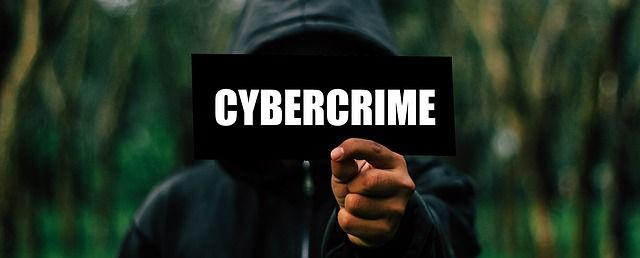A new Danish company has found a market in helping victims of digital extortion.
READ MORE: Danish communications giant extorted following customer leak
Cryptounlock has assisted about 40 clients by paying ransoms to hackers who have taken control of their IT systems.
“We help people who have been affected by a ransomware attack,” Joakim Ousager, the co-owner of the company, told Metroxpress. “Typically, these companies have decided that it is less of a loss to pay the ransom than lose all of their files.”
Digital hostages
Shortly after hackers attack a company, files are often encrypted and a company cannot access its own files unless it pays the ransom. Ouster said that Cryptounlock can often remedy a problem within 25 minutes.
Although police and experts advise not paying, criminals are apparently aware that many of the victims of ransomware feel compelled to pay. A study by IBM in the US done late last year revealed that 70 percent of the affected companies paid a ransom.
Some have no choice
Security specialist Mads Nørgaard Madsen from PWC said that the auditing company recommends against giving into cyber-extortion
“We recommend not paying” he said. “Most companies can live with a small data loss.”
READ MORE: Cyber-attacks on the rise
“There are those customers, though, that have no alternative. If they do not have backups they are in a situation in which they cannot continue working.”















